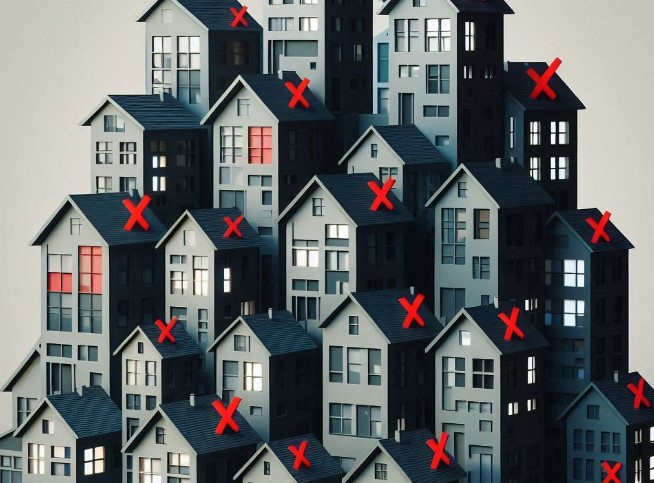The Autonomous Community of Madrid is sounding the alarm: At the first conference on squatting, the shocking figure of 2,500 illegally occupied social housing units was announced on Thursday. This represents 10% of the total 25,000 units managed by the Madrid Social Housing Agency. A situation that not only harms public administrations but ultimately all citizens, causing concern for thousands of property owners across Spain.
The Sad Reality: 4,000 Housing Applicants Waiting in Vain
José Borja Gómez Encina, Deputy Director General for Litigation of the regional legal department, highlighted the dramatic consequences. Given the current 4,000 housing applicants in the region, over 40% of the demand could be met if the illegally occupied units were vacated within 24 hours. The problem of squatting not only affects private owners but is particularly severe in the social housing sector, as it impacts the most vulnerable.
Legal Hurdles and the “Telepizza Technique”
Although Autonomous Communities, unlike individuals, can resort to administrative contentious jurisdiction to defend the public interest, current legislation has significantly complicated the fight against squatting. The alleged or actual vulnerability of squatters delays eviction procedures for years. Gómez Encina laments that the average duration for regaining a property, which used to be nine months, is now indefinite, as illegal squatters appear to have more rights than the owners.
Compounding the problem is the increasing professionalism of criminals. They exploit the “inviolability of the home” and employ sophisticated tricks to avoid immediate eviction during a break-in. One such method is the so-called “Telepizza technique”: days before the planned occupation, perpetrators order food to be delivered to the address of the future property. During a break-in – often using a “kick-in” method – and when the alarm is triggered, they show the arriving police the receipt as proof that they have supposedly been living there for some time. This prevents immediate eviction, as it is no longer considered an in flagrante crime. These practices have far-reaching consequences and undermine trust in the rule of law.
The Madrid conference is a clear signal to the government, which is urgently called upon to take more vigorous measures to put an end to this plague and ensure that social housing benefits those who truly need it.




